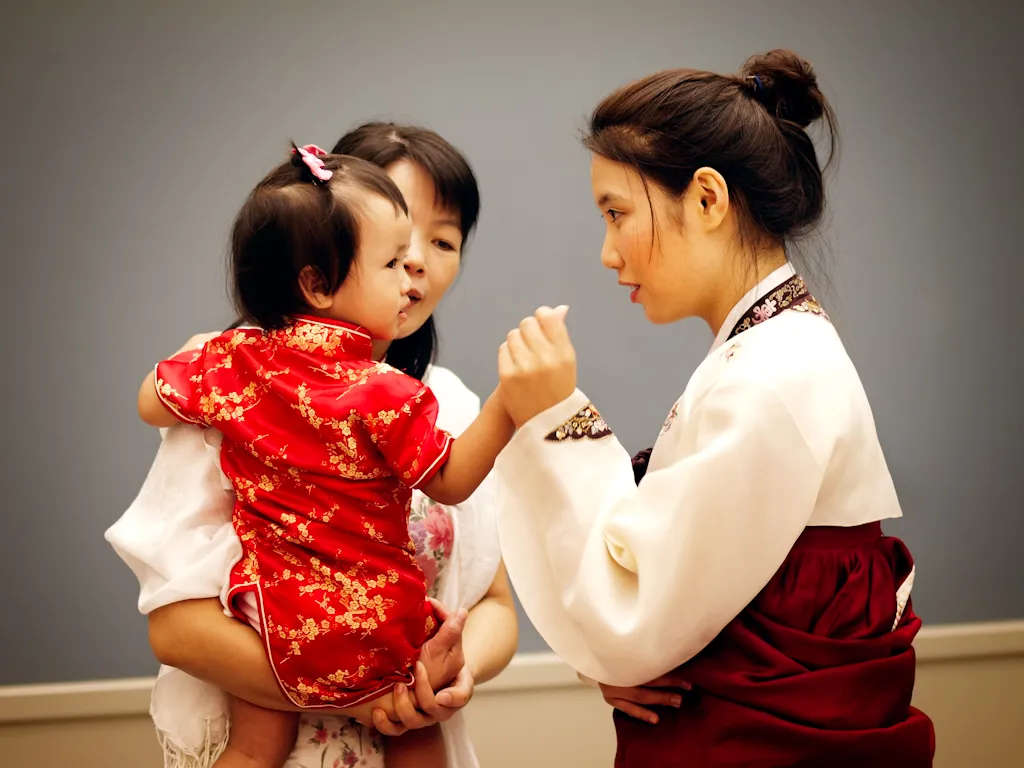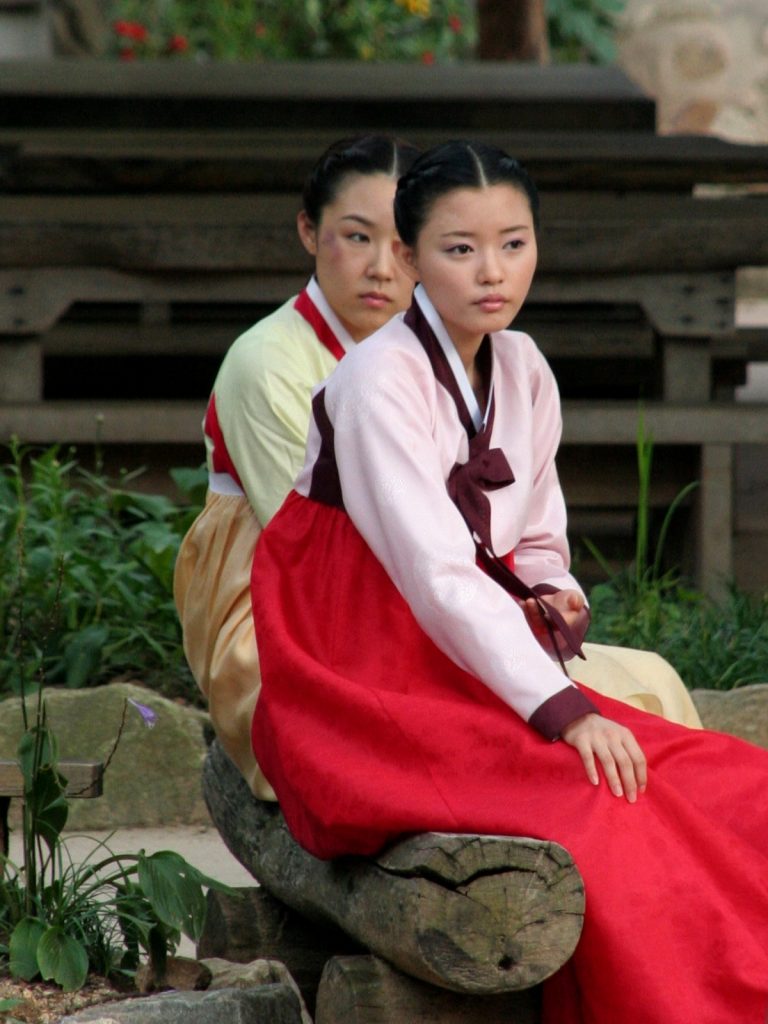The Seoul government pushes young women to marry and have children, but the paternalist tradition remains too deep-rooted
Among the bright colors of the stalls in Seoul, just a few strollers can be seen. The atmosphere is not particularly festive. South Korea’s face is changing, and not solely because of its neon lights and skyscrapers. The region is facing an unprecedented demographic challenge.
Motherhood has become a titanic task, with plummeting fertility rates and a constant decline in the number of children per woman. The country is in a state of emergency.
According to the most recent demographic data released by the South Korean National Statistical Office (Kostat), the average number of children per woman of childbearing age has dropped from 0,78 to 0,72 from 2022 to 2023.This is an extremely low figure, considering that in Italy, one of the ten countries with the lowest fertility rate in the world, it is 1,24 according to ISTAT data from 2022. The ideal percentage for a population to remain stable over time should be around 2,1.
Valentina Calzia, a content creator, podcaster, and blogger, has dedicated herself to the study of the phenomenon. She identified discrimination against women as a possible cause: “The role of a Korean girl in the society is complex, contradictory, and constantly evolving. On one hand, the country encourages women to leave work to get married and have children by their thirties. On the other hand, they are labeled as ‘insect mothers‘, penalized for not contributing economically to the family”.
“A strong marginalization is witnessed in the workplace. There are laws supporting equality – Calzia continues – female workers, however, often earn less than their male counterparts and are underrepresented in leadership roles. Long office hours and the lack of flexibility make the decision of having children even more difficult. Not to mention sexual harassment.”

Anyone working in Korea is entitled to 24 months of parental leave in the first eight years of a child’s life, but in 2022 only 7% of new fathers took advantage of this opportunity, compared to 70% of new mothers. Dads actively participating in the daily care of newborns are rare.
Imsuk Jung, professor in charge of the Korean department at the University for Foreigners of Siena, claims that the reasons behind these phenomena are to be found in the tradition: “In spoken language, we still have remnants of a male-dominated and patriarchal Korea. In 2002, the Seoul Foundation for Women’s and Family was established with the main goal of assisting women, especially those who are marginalized by society.
Surveys were conducted between 2018 and 2020 to identify discriminatory terms in the Korean language. In the end, 29 terms were chosen to be changed, in order to create a new, more inclusive glossary (성평등사전). It will take time before they become commonly used.”
The fight against gender discrimination remains a contentious social issue. The podcaster recounts that several feminist movements have emerged within the country: “Among the most notable we find ‘Escape the Corset,’ a movement that gained prominence starting in 2018 in response to unrealistic beauty ideals, rejecting makeup and women’s clothing. The ‘corset’ represents the rigid social expectations on how women should look and behave, a kind of aesthetic and behavioral cage.”
Members of these associations protest against a culture that require women to be beautiful and perfect, which translates into time, money, and energy spent on cosmetic treatments, plastic surgery, and beauty care.
The importance of these battles is crucial, especially now that anti-feminist movements have spread with the support of a conservative government. The Korean administration is pushing forward policies to encourage childbirth, which have been unsuccessful.
Professor Imsuk Jung explains: “I know that every small Korean community promotes a project to encourage fertility, offering significant subsidies from the second child onwards. Since 2006, the state has spent over 360 trillion won – 249 billion euros – on childcare assistance, egg freezing, or the use of public spaces for wedding ceremonies.”
These are accompanied by less conventional strategies, such as exemption from military service for men with three children (mandatory for Korean males), or hiring babysitters from Southeast Asian countries. The most original idea concerns group blind dates.
Professor Imsuk Jung comments: “I’ve heard about these speed dates to help people socialize. After the pandemic, the situation has worsened, and some prefer to have virtual relationships via computer, phone, and social media. Young people have a fear of physical contact and prefer to send messages.”
Blind dates have become increasingly common, especially in cities with higher aging rates. Calzi reports: “Single meetings, called sogaetin, are part of tradition and are extremely popular. They offer two uncommitted people the opportunity to get to know each other through a mutual friend. In this case, the ‘friend’ is the government. In some countries, the strategy has been successful. However, it is impossible to determine how much it has contributed to creating lasting couples.”
While neon lights continue to shine in Seoul’s streets, imagining a different future for these countries is difficult.
However, if action is not taken, within fifty years, the population, which currently stands at 51 million individuals, will be halved, and more than 50% will be 65 years or older. The streets, now lively and bustling, could one day be crowded with elderly people; the once vibrant youthful laughter will disappear.
Leggi per approfondire: Gli scavi di Pompei arrivano a Seoul



